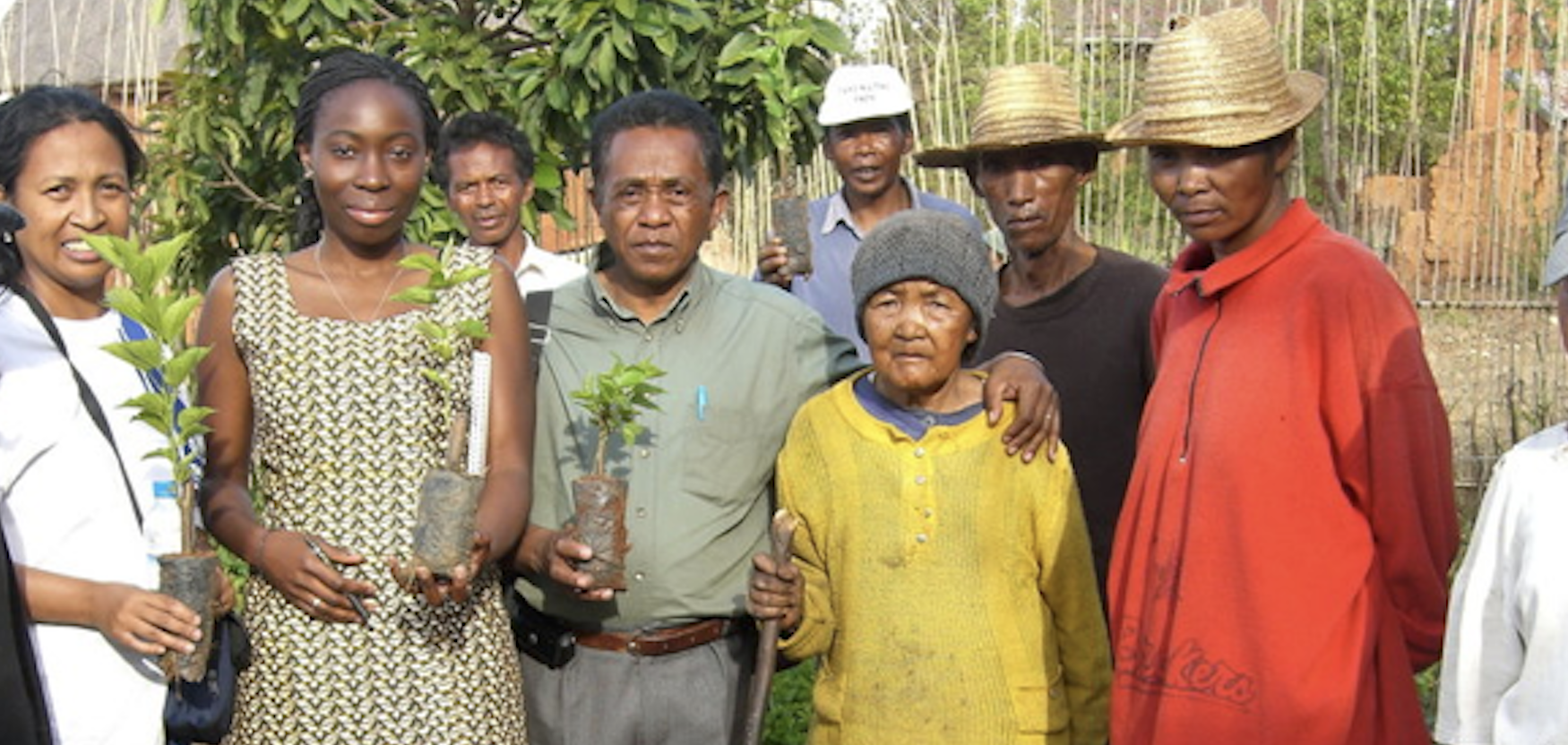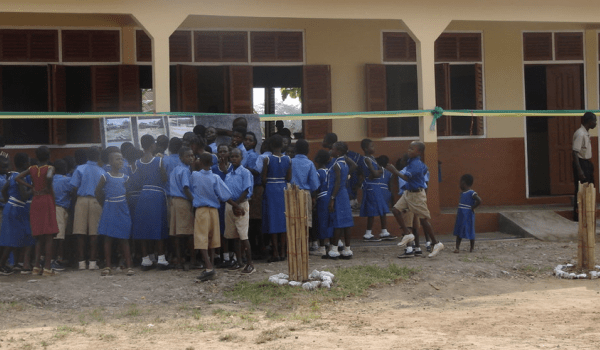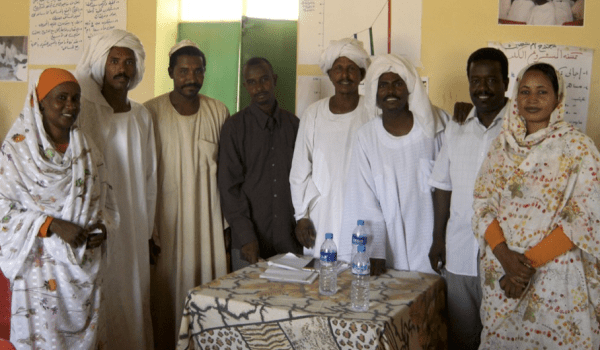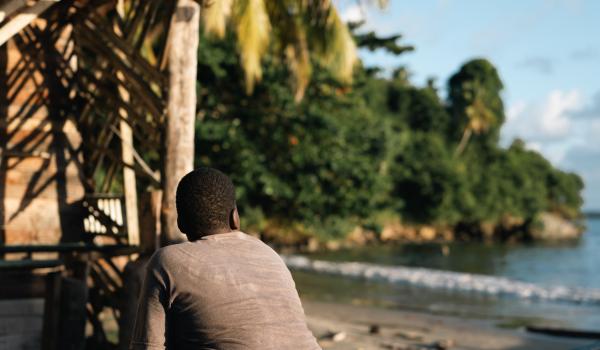
Working with the President’s Office in Madagascar to introduce innovative mechanisms for improving governance and supporting regional development and local service delivery across the country.
In 2005, 100-Day Challenges began to be piloted as a tool for transforming sectors across Madagascar. Over the course of several waves of 100-Day Challenges, the work in Madagascar impacted sectors as varied as rice farming, HIV/AIDS testing, and community economic development through tourism. The work brought people together from across systems, departments, and communities with the goal of transforming government programs and services.
RE!NSTITUTE’s work with the President’s Office in Madagascar proceeded in several phases: 100-Day Challenges were initially implemented in four pilot regions, the second phase reached twelve more regions, and the third took in twenty-one regions. Many of these produced numerical results, but overall their success lay in the intense levels of collaboration, innovation, and execution they unleashed between communities, government, and technical assistance.
- Rice Productivity – The initial results were uneven across the four regions. In the Boeny region, average rice productivity increased from 2.5 tons/hectare to 4 tons/hectare over a period of 150-days, surpassing the goal of 3.5 tons/hectare set by the team. By contrast, in the region of Vakinankaratra, there was little progress towards the goal that the team had set. Nevertheless, the intense activity, mobilization, and enthusiasm that were generated by this effort prompted the government to expand the program.
- Rural Development -The second phase of RE!NSTITUTE work involved expanding the effort to 12 regions and shifting the focus to economic growth in rural areas.
There were varied results across the regions. The results achieved in the Betsiboka Region are indicative of the more successful regions:
- 16,000 small-scale gold prospectors (panhandlers) were formalized (from a base of zero), with official “prospector cards” issued by each commune for a small fee from the prospectors. This was a critical step toward curbing the practice of illicit gold mining that plagued the region.
- For the first time in Madagascar, 12 kilograms of gold production from one commune (Antanimbary) was officially declared.
- A number of participating communes began to collect taxes from gold prospectors and middlemen and deposited these in a communal development fund. This was a precursor for the third phase that focused on local taxation.
Implementing this tax reform policy required each commune to create its own system for assessing tax obligations and for collecting these taxes. Notably, the mayor and their team in each commune needed to create awareness about this effort and to convince commune members that a portion of the taxes they were paying would, in fact, be used for advancing the development agenda of their commune or district.
RE!NSTITUTE trained local coaches to continue expanding the work's impact and ensure sustainability. Despite political change and instability, they have since gone on to work with private sector multinationals in Madagascar, introducing the approach, for example, to accelerate Rio Tinto’s community development efforts. Others joined local offices of international development agencies such as UNICEF. And others have been spreading 100-Day Challenge work in other countries in sub-Saharan Africa, including Burundi and Cameroon.
- The World Bank
- The President’s Office in Madagascar.

- Governance
- Health

- Governance
- Health

- Governance
- Training
- Health
- Housing & Homelessness
- Health
- Housing & Homelessness

